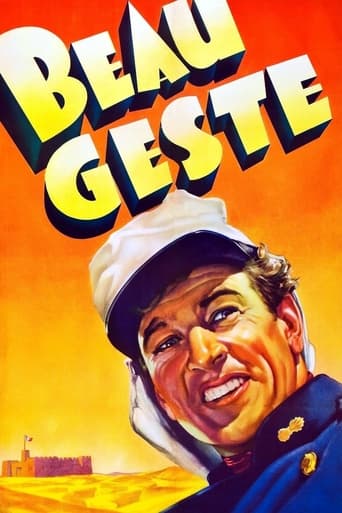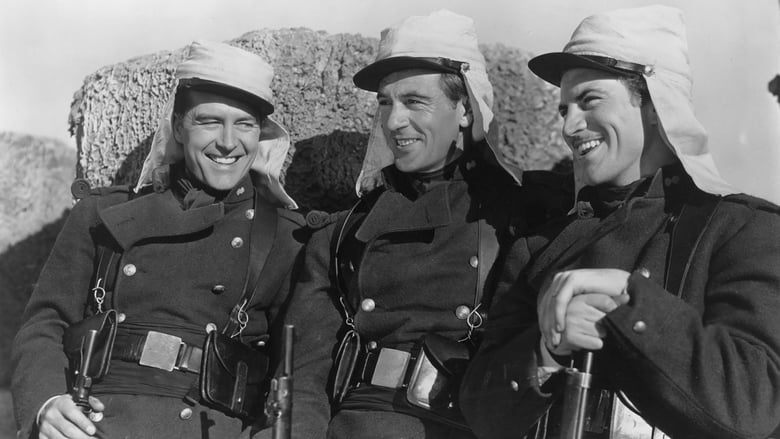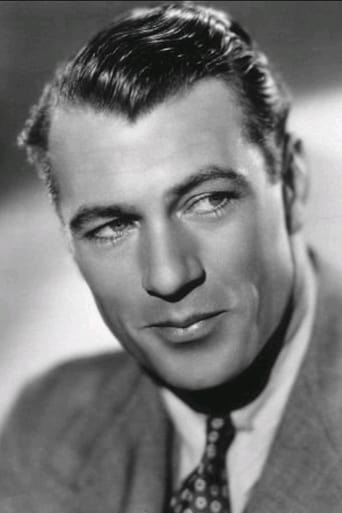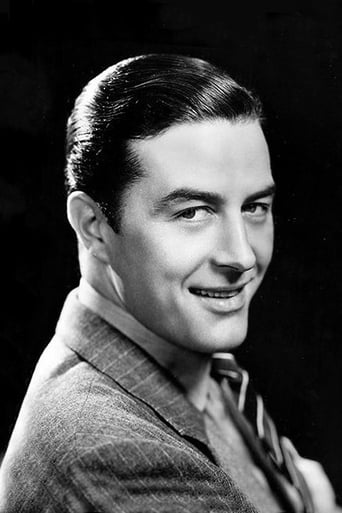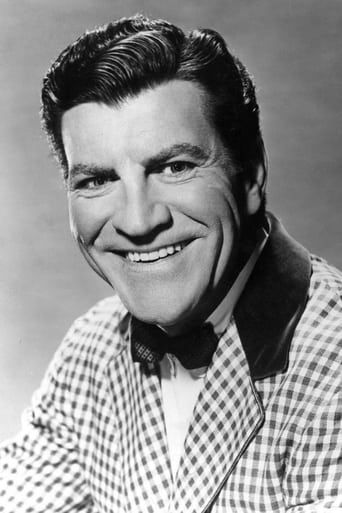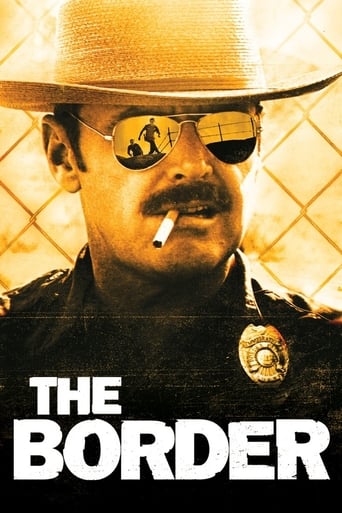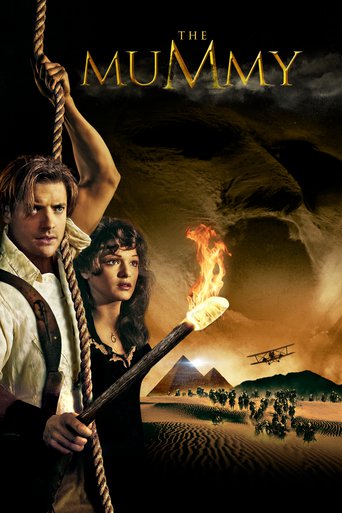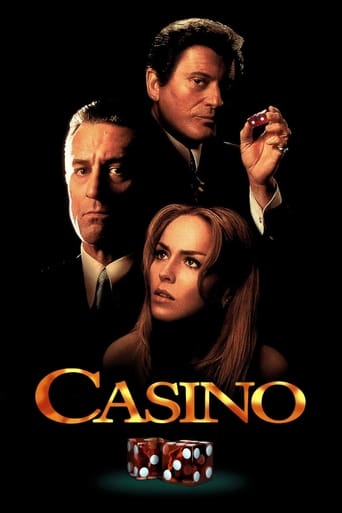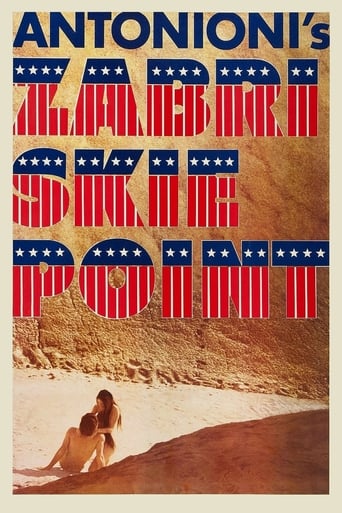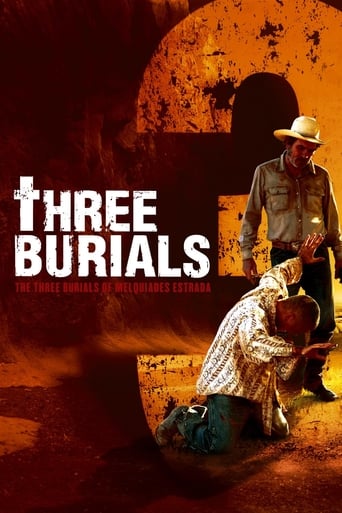Beau Geste (1939)
When three brothers join the Foreign Legion to escape a troubled past, they find themselves trapped under the command of a sadistic sergeant deep in the scorching Sahara. Now the brothers must fight for their lives as they plot mutiny against tyranny and defend a desert fortress against a brutal enemy.
Watch Trailer
Cast
Similar titles
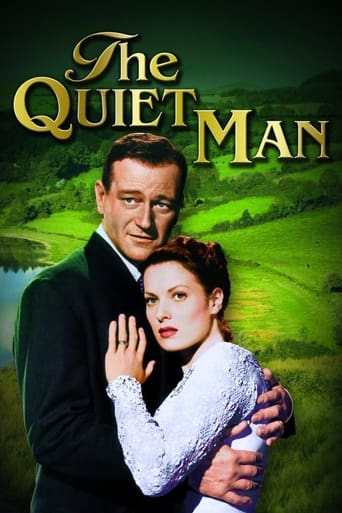

Reviews
In truth, there is barely enough story here to make a film.
I am only giving this movie a 1 for the great cast, though I can't imagine what any of them were thinking. This movie was horrible
There's no way I can possibly love it entirely but I just think its ridiculously bad, but enjoyable at the same time.
The joyful confection is coated in a sparkly gloss, bright enough to gleam from the darkest, most cynical corners.
What I like about this film is its uneven pacing in terms of character introduction, as well as the genre. It opens with a fortress full of dead soldiers (what a sight!), continues with idyllic childhood scenes that look like out of The Chronicles of Narnia, then there's a hint of screwball and we're back to the fortress. I must admit for the first 45 minutes I was trying to decide which one is more handsome: Gary Cooper or Ray Milland, but then I gave up and perhaps coincidentally the drama became more compelling. It's a film about heroism without superheroes and a good reminder that heroes do exist on this planet and they happen to be soldiers who kill other soldiers, not otherworldly creatures. So I'll stick with Classic Hollywood since I want to see films for grown-ups.
1939, what a great year for movies! One of my all time favorites, and I have seen it several times. A 10, and I seldom give that score. The blazing rifles of the Foreign Legion, the swarming Tauregs, the endless desert... an unforgettable backdrop for this great film. The three principals are wonderful as is a fine supporting cast. Brian Donlevy is simply terrific as the evil Sgt. Markoff. His "I sentence you to six in the belly," said to Gary Cooper, is unable to be executed for at that second, news arrives that the Tauregs were about to attack the fort. It is later fitting that Markoff is the "dog" placed at the dead Cooper's feet in the Viking tradition.What also is memorable is the hysterical laughter of the crazy legionnaire in the tower, and also the dead men propped up at the loopholes to fool the tribesmen.At one time I visited a high school and at end of one hallway was a barricade and a sign, "Fort Zinderneuf". I had to tell the teacher that I was well acquainted with the place.
The year was 1939, and the world seemed to be cloaked in an overwhelming sense of dread. After the failure to stop Germany's annexation of the Sudetenland and the consequent military buildup, everyone from France to the United Kingdom to the United States was nervous about Adolf Hitler's machinations in central Europe. Allied reaction to the looming Wehrmacht is expressed in the films each country produced at the time. The French produced what is arguably their greatest cinematic achievement, Jean Renoir's The Rules of the Game (1939) a complex and bitter tragic-comedy about an aristocracy blissfully unaware of their own impracticality. The United Kingdom released the ostentatious British-Empire film Four Feathers (1939) and the thriller The Spy is Black (1939) both typifying the trappings of their genre but still fatalistic in theme. Finally there was the United States famous around the world for two things, Hollywood glitz and rebellious bluster; to that end Gone with the Wind (1939) satisfied both criteria to become the most popular film ever.Beau Geste pre-dates Casablanca's (1942) coalition building tale of an American helping European refugees in Vichy France. Beau Geste is the story of three English brothers who join the French Foreign Legion played predominately by Americans and produced by an American studio. The three brothers Beau (Cooper), Digby (Preston) and John (Milland) are adopted by the Brandon Abbas estate headed by lady of the house aunt Brandon (Thatcher). The estate is secured by the possession of "The Blue Water" a supposedly cursed diamond that the never seen patriarch is anxious to sell. The diamond disappears promptly followed by Beau then Digby then John. Both Beau and Digby have left confessions of the theft. While in the Foreign Legion, the brothers are separated in North Africa, John becoming a cavalryman while Beau and Digby remain under the abusive thumb of Sergeant Markoff (Donlevy) at Fort Zinderneuf.In some ways Beau Geste acts like a white man's burden, Christianize Africa, make way for progress, British-Empire film with the appealing call for adventure and the hordes of nameless "savages". Yet there is no talk of colonialism and its supposed good. The novel originally written by P.C. Wren borrowed the title from "Chanson de geste" a genre of medieval French poetry literally translated to "song of good gesture". This manner of poetry celebrated grand adventures and the value of the group or the stock over the individual of romantic poems. They also tended to be epic, bittersweet and cyclical. Beau Geste definitely accentuates the theme of brotherhood, chivalry and good gesture but also hints that that may not be enough.The foil to the brothers is Sergeant Markoff, a Russian born former criminal made cruel by Siberian prisons. This worthy adversary along with fellow Russian Rasinoff (Naish) find out about the diamond and try to betray the brothers much like Russia would betray the Allies with the Molotov-Ribbentrop Pact. Yet while he's duplicitous and a tyrant Markoff proves resourceful in battle and practical immediately following a mutiny. After every attack wave of nameless, faceless Arabs, Markoff takes the dead soldiers and props them up on the Fort's embrasures and insists the bugle be played to intimidate the enemy. His resourcefulness is hard won unlike the brothers; at an early point Markoff examines John's hands and states "never done a days work in your life have you?"Yet every important figure in the film comes to realize everyone has their reasons for fighting, none of which will suffice alone. Beau fights for glory, Digby fights for his brothers, John fights to see the lovely Isobel (Hayward) again and Markoff fights because he craves power and control. There are also two Americans in the mix Hank (Crawford) and Buddy (Barton) both of which are hobos who join the French Foreign Legion simply because it provides three square meals a day. There's a moment before the infamous Fort Zinderneuf mutiny where Beau remains loyal to Markoff out of a sense of allegiance to the French Flag. It's a poignant and old-fashioned scene which unlike the rest of the film rings hollow. Is it hollow because on the eve of World War people felt jaded about Nationalism and director William A. Wellman knew it? Did he want to subtly critique the duty-bound works of Rudyard Kipling and H. Rider Haggard? Or does it seem hollow because I, as a contemporary audience member am unable to fully grasp the context?Beau Geste was released in August of 1939. By September, Germany invaded Poland thus stoking the fire of what would eventually become WWII. In the years before the United States entered the war, there were plenty of films that tried the coax the populous into supporting intervention, most made by European refugees. You had Hitchcock's Foreign Correspondent (1940), Wyler's Mrs. Miniver (1942) and Lang's Man Hunt (1941) as well as the aforementioned Casablanca which began production days before the Japanese bombardment of Pearl Harbor. While many of these films remain well known to this day Beau Geste has fallen by the wayside despite the presence of Hollywood superstar Gary Cooper. It's a shame too because this film is not only an adventurous row but a bittersweet goodbye to a standard of fortitude gone by. An excellent companion piece to The Life and Death of Colonel Blimp (1943), Beau Geste should be rediscovered by all.
Three brothers join the Foreign Legion following the mysterious disappearance of a valuable sapphire.This movie came out the same year (1939) as that other masterpiece of colonial adventure, The Four Feathers. Both make first-rate use of family bonds and family honor to create a strong emotional context to all the colorful combat. Those bonds really work here, establishing a strong sense of one for all and all for one. Plus the fact that the brothers have been adopted by the kindly Lady Brandon (Thatcher) not only lends poignancy, but makes the central twist work really well.As good as Cooper-Milland-Foster are, it's really Donlevy's movie. His cruel martinet has stayed with me over the decades—the military haircut, the perfectly squared shoulders, the command voice. He not only commands his legionnaires, he commands the movie, as well. And, when he falls, I still have mixed emotions, despite his many acts of cruelty. It's a crackling good story, but it's his imposing presence that makes the adventure memorable. No wonder Donlevy was Oscar-nominated, a near-perfect blend of character and actor.Two minor reservations. Cooper's fine in Beau's role, more animated than usual. However, at nearly forty, he appears a shade too old for the youthful part. Also, I've never been able to reconcile to the relative ease with which the mutiny is put down. There's like five guys with guns facing a hundred guys who stand to be executed for their planned mutiny, yet they meekly give up, especially after Schwartz (the great Albert Dekker) has so powerfully roused them to action. To me, director Wellman's staging here is less than convincing.Nonetheless, the mix of mystery, emotion and action remains superbly entertaining, and is ironically, one of the few movies that actually lives up to its title.
